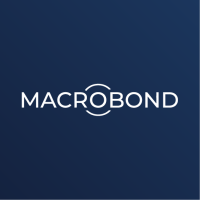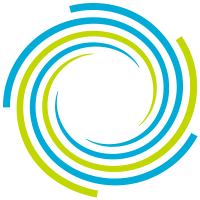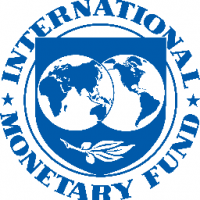The Savvy Investor Middle East Investors section details academic research materials, thought-leadership pieces, and white papers on the outlook for the broader EMEA region (including Europe, Middle East, and Africa). As it is more likely that Middle Eastern countries share characteristics with countries in Northern Africa (such as currency or capital controls and less-developed financial markets), some institutional investors prefer a more refined discussion of MENA countries.
The MENA region consists of just over 20 countries in the Middle East and North Africa, but depending on the definition it can be fewer than 20. A smaller subset of six MENA countries signed an economic agreement in 1981, thereby forming the GCC (Gulf Cooperation Council), subsequently officially renamed to the Cooperation Council for the Arab States of the Gulf. Additionally, many research materials featured within this Middle East topic will also include discussions of topics that are of interest to investors within GCC countries, the MENA region, or the EMEA region...
.
The Gulf countries included within the GCC are:
- Bahrain
- Kuwait
- Oman
- Qatar
- Saudi Arabia
- UAE
One of the issues frequently discussed within this section is Islamic finance.
Certain practices within Islamic finance differ from traditional finance, as these practices must also be compliant with Sharia laws. Sharia laws within Islamic jurisdictions cover day-to-day activities, religious activities, and financial activities.
For instance, Sharia-compliant investors are prohibited from collecting interest and from making investments in alcohol or tobacco-related companies, weapons manufacturers, and companies that make products derived from pigs.
Even if a company’s primary line of business does not fall within one of these impermissible areas, a general rule is that any company that obtains more than 5% of its income from one of these sources should be excluded from consideration. Similarly, companies should not have debt levels that exceed 33% of their book value or market capitalisation.
Sharia-compliant funds exist that abide by these restrictions and exclude all investments in companies that do not adhere to Sharia laws.
There are also Sharia-compliant financial products, such as the sukuk, an Islamic financial certificate that is comparable to a bond. Because interest is prohibited within Islamic finance, other unique financial arrangements have been created between banks and their customers, such as Mudarabah, Musharakah, and Murabahah.
Middle East investors typically have a greater interest in the outlook for commodities and commodity prices than investors in other regions, especially when it comes to oil.
Five of the nations included within OPEC (Organization of the Petroleum Exporting Countries) are located within the Middle East (almost all the remaining countries are in Africa).
OPEC is also considered to be the world’s largest oil cartel, controlling a sizeable portion of both global oil production and the world’s oil reserves.
Occasionally, individual OPEC nations have been motivated to exceed their petroleum production targets (capitalising upon either high prices or increased demand), however, the organisation meets regularly, and its members typically abide by the policies that are set during these meetings.
OPEC’s World Oil Outlook document is an important resource on oil policy and the dynamics of global supply and demand for this commodity, as are annual publications produced by other institutions.

















